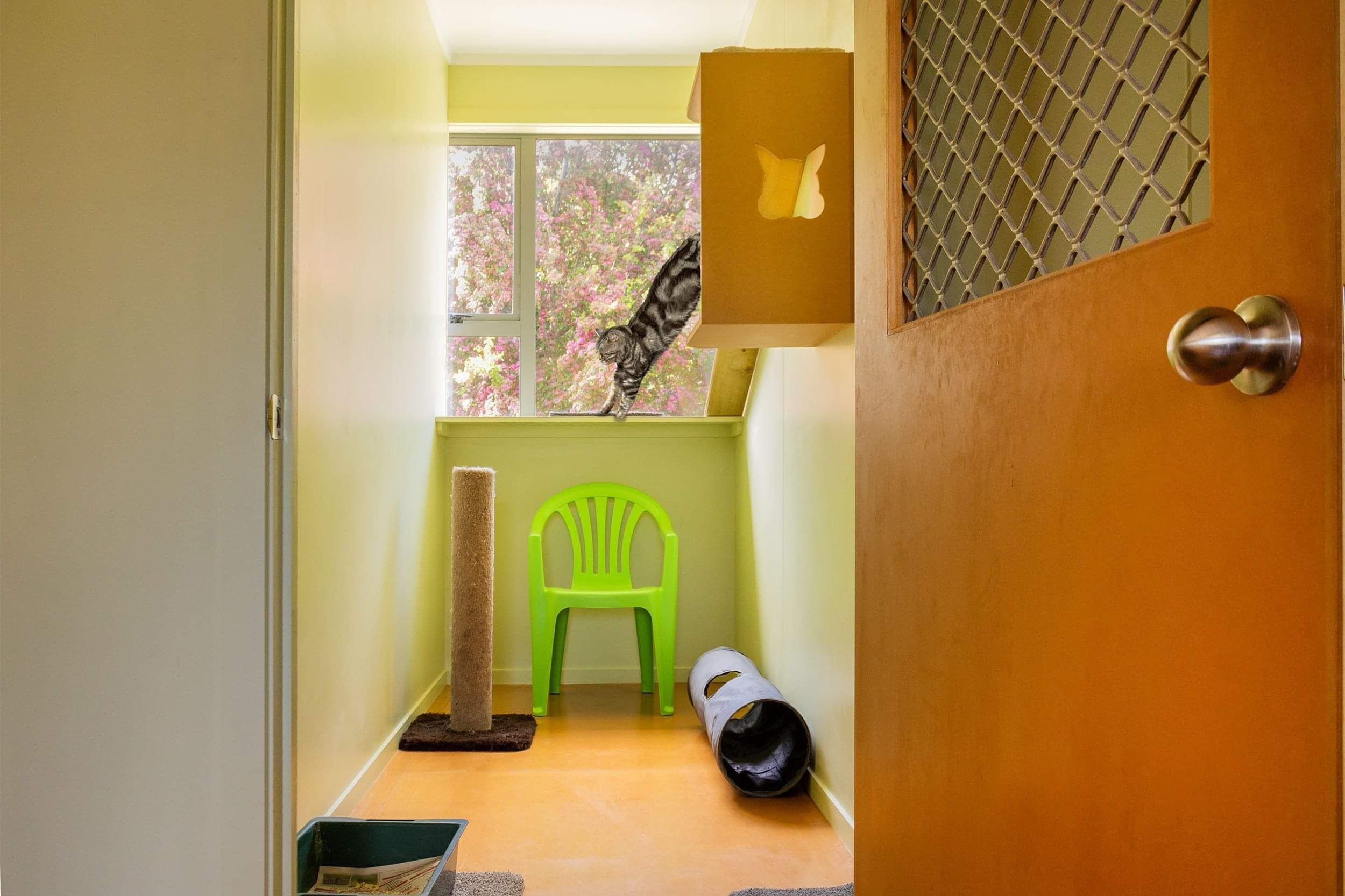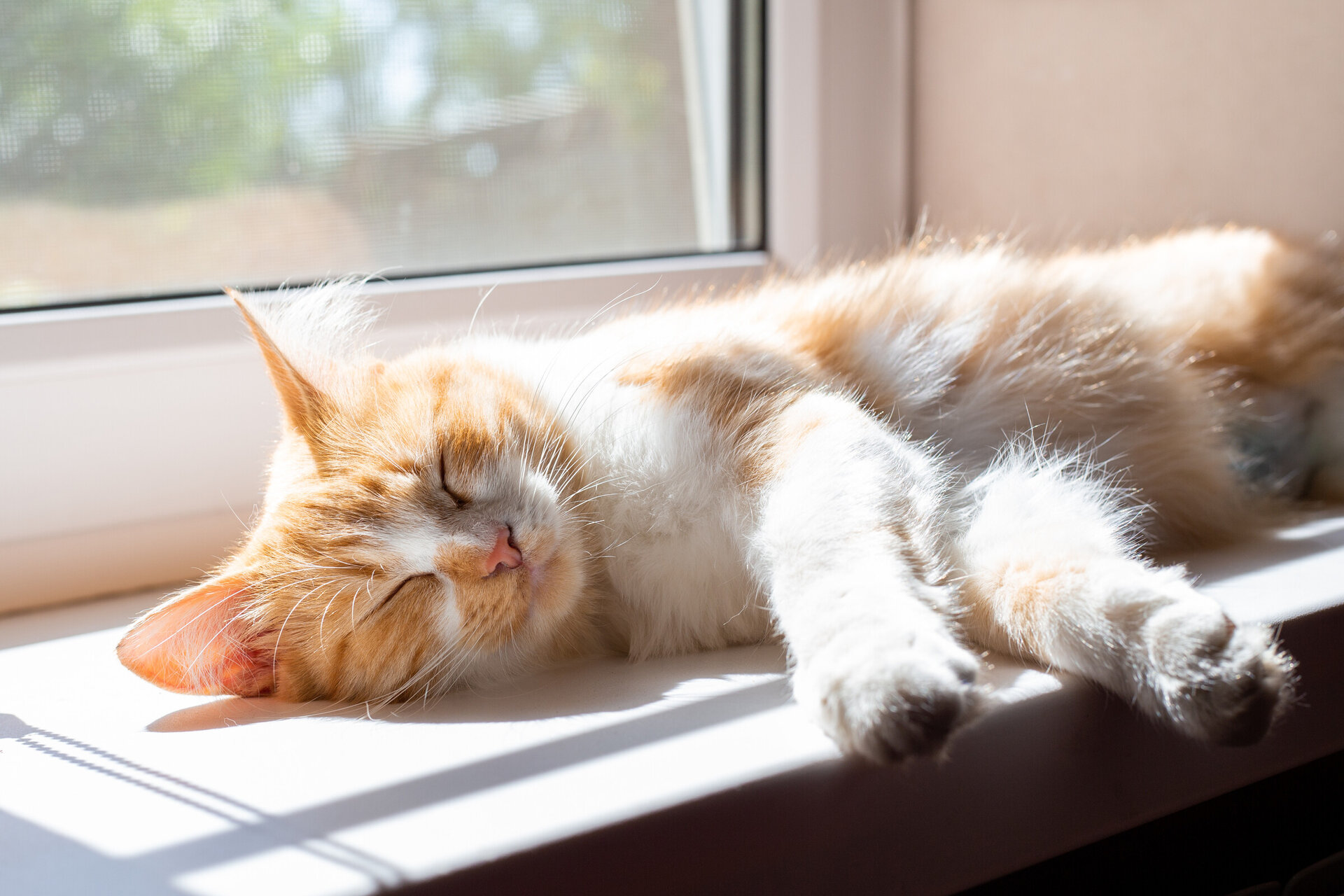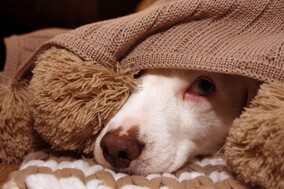OUR APPROACH
Give your cat a stress free holiday in a spacious and relaxed individual boarding facility, monitored by vet clinic staff.
Planning an overseas trip, or need to visit some whānau around NZ and worrying about who will look after your cat? Book your feline friend into the Balclutha Cattery and have peace of mind knowing that your cat will be monitored by staff from a fully equipped veterinary clinic.
Our dedicated, boutique cattery is made up of nine heated inside runs with panoramic windows and everything your cat will need for a relaxing stay!
The cattery has been running since 2013, has no restrictions on length of stay and is open to anyone! Please call the clinic on 03 418 3377 to find out more, or click the “enquire here” button below.
Please note that busy periods, such as over Christmas, often fill up 3-4 months in advance, so book in early to secure a spot for your cat!
Important Information
Vaccination requirements: All cats must be up to date with their yearly respiratory virus vaccination and three yearly cat flu vaccinations.
Flea treatment: A flea treatment is required on check-in. We use Frontline, but will also accept Broadline, Advocate or Revolution. You are welcome to bring your own, but one of our staff will need to do the treatment to ensure no nasty critters get into the cattery.
Medications and prescription diets: We can administer medications and specialist prescription food if required.
Food: All our cats are fed Hills Science Diet or Blackhawk, depending on their preference. Wet food is not routinely fed to avoid attracting pests.
Check in: The cattery is open for check ins and check outs any time the Balclutha veterinary clinic is open.



THE BENEFITS
Why board at VetSouth Balclutha?

Run by veterinary clinic staff
Enjoy some time away without worrying about your cat’s welfare. Our experienced and knowledgeable Balclutha vet clinic team will check on your pet at least twice a day, ensuring they are happy and healthy and to give them some love and attention. Have peace of mind that any medication will be properly administered and any issues promptly identified and dealt with.

Stress-free environment
Your cat can relax in its own, individual run, with ample opportunities to do what they like to do. They can enjoy some views out of their panoramic window, climb onto the shelves and fittings on the walls, or snuggle into their bedding. Household cats can be housed together.

Fully equipped runs
Each run is fully equipped with feed and water bowls, litter tray, bedding, and items that can be climbed and sat upon! Shelving on the walls and fittings in each run give your cat everything they require to have a relaxing holiday while you are away.














